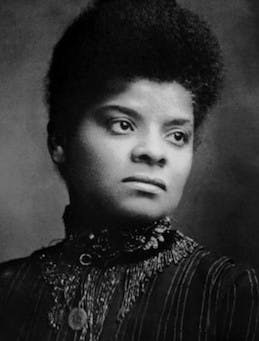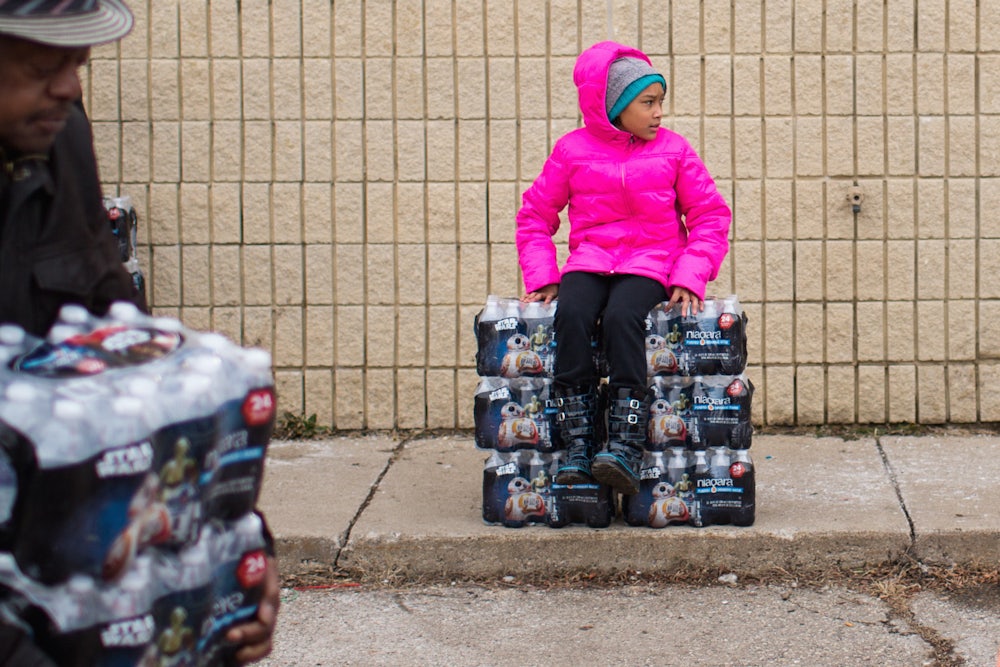Subscribe in iTunes • Stitcher • RSS Feed
This Black History Month, we’ve been thinking about violence perpetrated against people of color, and the people who are fighting against it. We explore those themes from three different angles in this episode of Intersection.

First, we look at Flint, Michigan, where residents (a majority of whom are African American) are wrestling with the health implications of long-term lead exposure, due to their city’s tainted water supply and poor policy choices by the city, state, and federal government. Host Jamil Smith, who moderated a panel discussion on the crisis in Flint last December, talks to New Republic reporter Rebecca Leber about her coverage of the EPA’s role in the Flint crisis.
Then, we turn to a more overt form of racist violence: white terrorism committed in the name of protecting white women. The Huffington Post’s Chloe Angyal and University of Alabama history professor Lisa Lindquist-Dorr discuss how protecting the “sanctity of white womanhood” has been used as the justification for countless murders throughout history, from Emmett Till to the nine victims of the Charleston church shooting this past summer.
And finally, we pay tribute to one of the mothers of intersectionality: Ida B. Wells. North Carolina State historian Blair LM Kelley, author of Right to Ride, joins to discuss Wells’s anti-lynching and women’s rights advocacy, and explains why Wells is her favorite historical figure.
If you want to learn more about one of the topics from this show, here’s a list of further reading:
- The EPA’s Silent, Guilty Role in the Flint Water Crisis, by Rebecca Leber for the New Republic
- We Need to Hear the Republican Candidates Talk about the Flint Water Crisis, by Jamil Smith for the New Republic
- Who Poisoned Flint, Michigan? By Stephen Rodrick for Rolling Stone
- I Don’t Want to Be an Excuse for Racist Violence Anymore, by Chloe Angyal for the New Republic
- White Women and the Defense of Lynching, by Jessie Daniels for Racism Review
- White Women, Rape, and the Power of Race in Virginia, 1900-1960, a book by Lisa Lindquist-Dorr
- Right to Ride: Streetcar Boycotts and African American Citizenship in the Era of Plessy v. Ferguson, a book by Blair Kelley
- Ida B. Wells, Anti-Lynching Crusader and Mother of Intersectionality, by Hillary Crosley Coker for Jezebel
